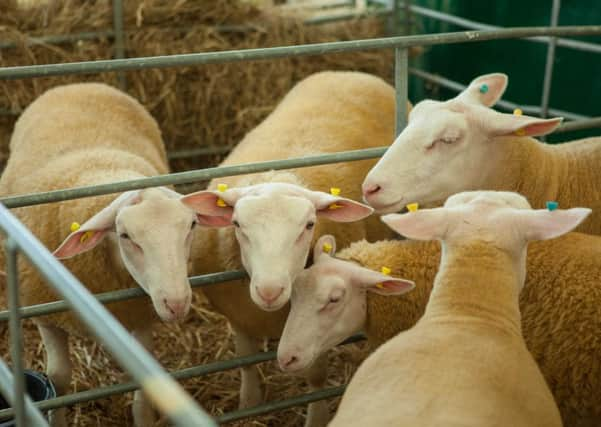Researchers set to shape the sheep of the future
This article contains affiliate links. We may earn a small commission on items purchased through this article, but that does not affect our editorial judgement.


The £6 million iSAGE project, financed through the EU’s Horizon 2020 fund, is aimed at assessing the key factors which could impact the sheep sector over the coming decades, including climate change and consumer preferences. It will then develop tools to help sheep producers adapt to and thrive through the predicted changes.
The project will see collaboration between a number of research centres across Europe and will focus on practical breeding goals and tools for the sheep and goat sector in different areas of the continent.
Advertisement
Hide AdAdvertisement
Hide AdThe SRUC’s input will be led up by Professor Georgios Banos, who said: “We want to ensure the sustainability of the sheep sector in the long term. The only way to do that is to look at what the future could bring and help farmers prepare and adapt to those conditions.”
He said that the project would look at how climate and pastures might change.
“It is predicted that in Scotland and the UK the climate could be milder and wetter compared to Mediterranean countries which could see hotter and drier conditions.”
Different countries and environments required different types of animals. The wetter weather in the UK, said Banos, could mean a greater challenge from parasites pastures.
“Elsewhere however, if animals are living in hot, dry conditions, they will need to be bred to cope with heat stress.”
Another key difference was that in the UK sheep were mainly bred for meat and wool, while in southern Europe the focus was on sheep milk and cheese. was far more popular.
